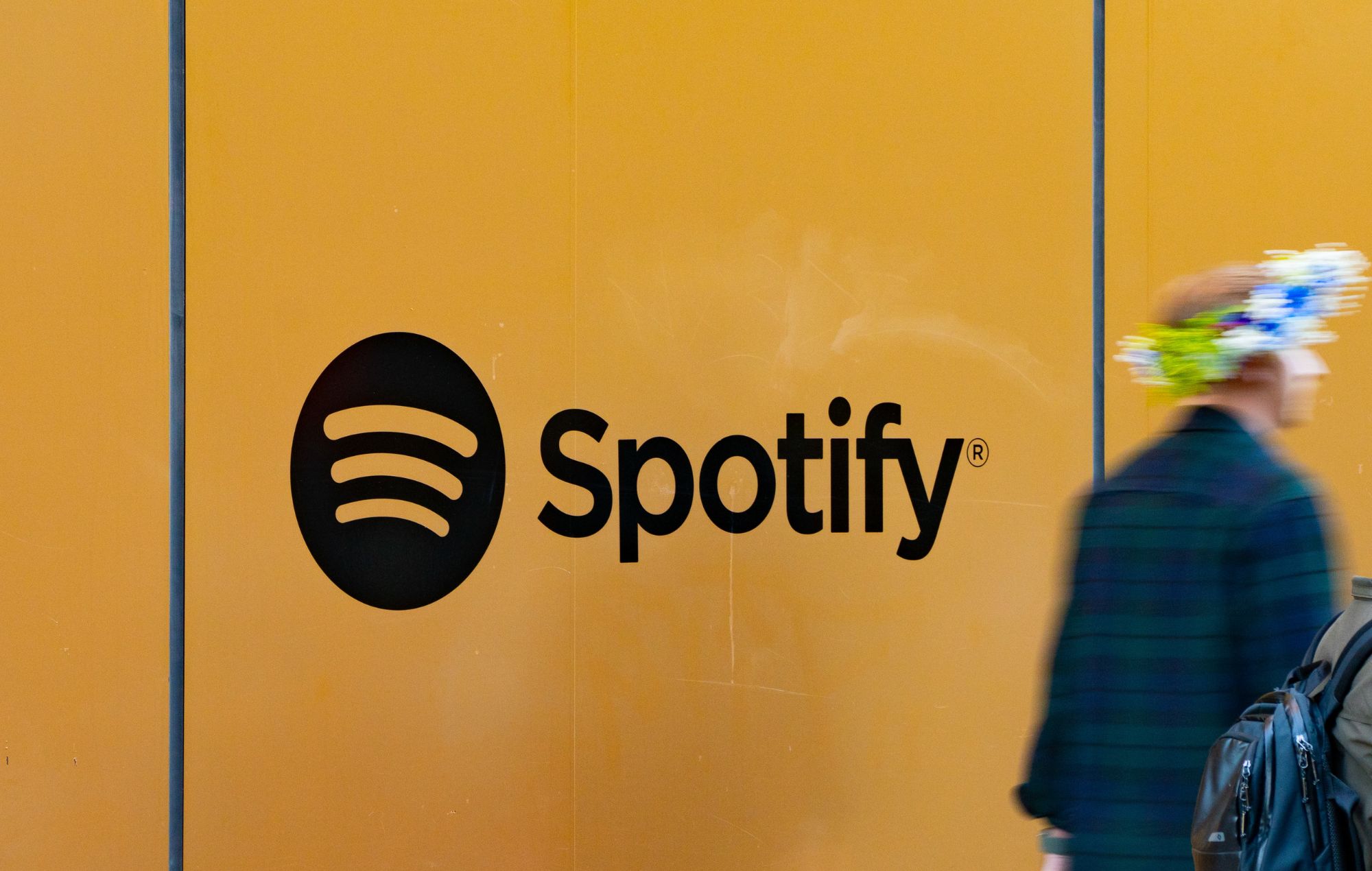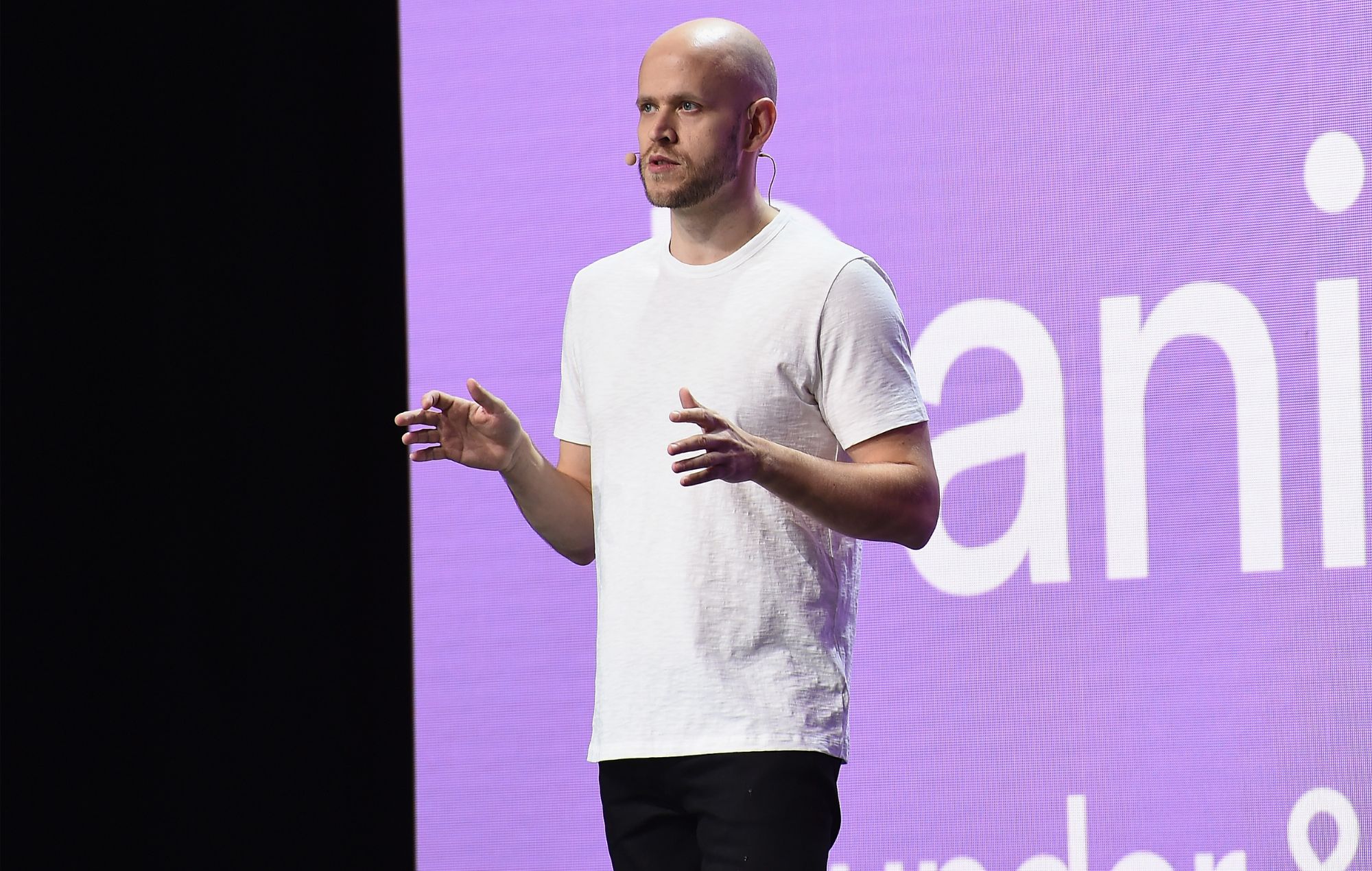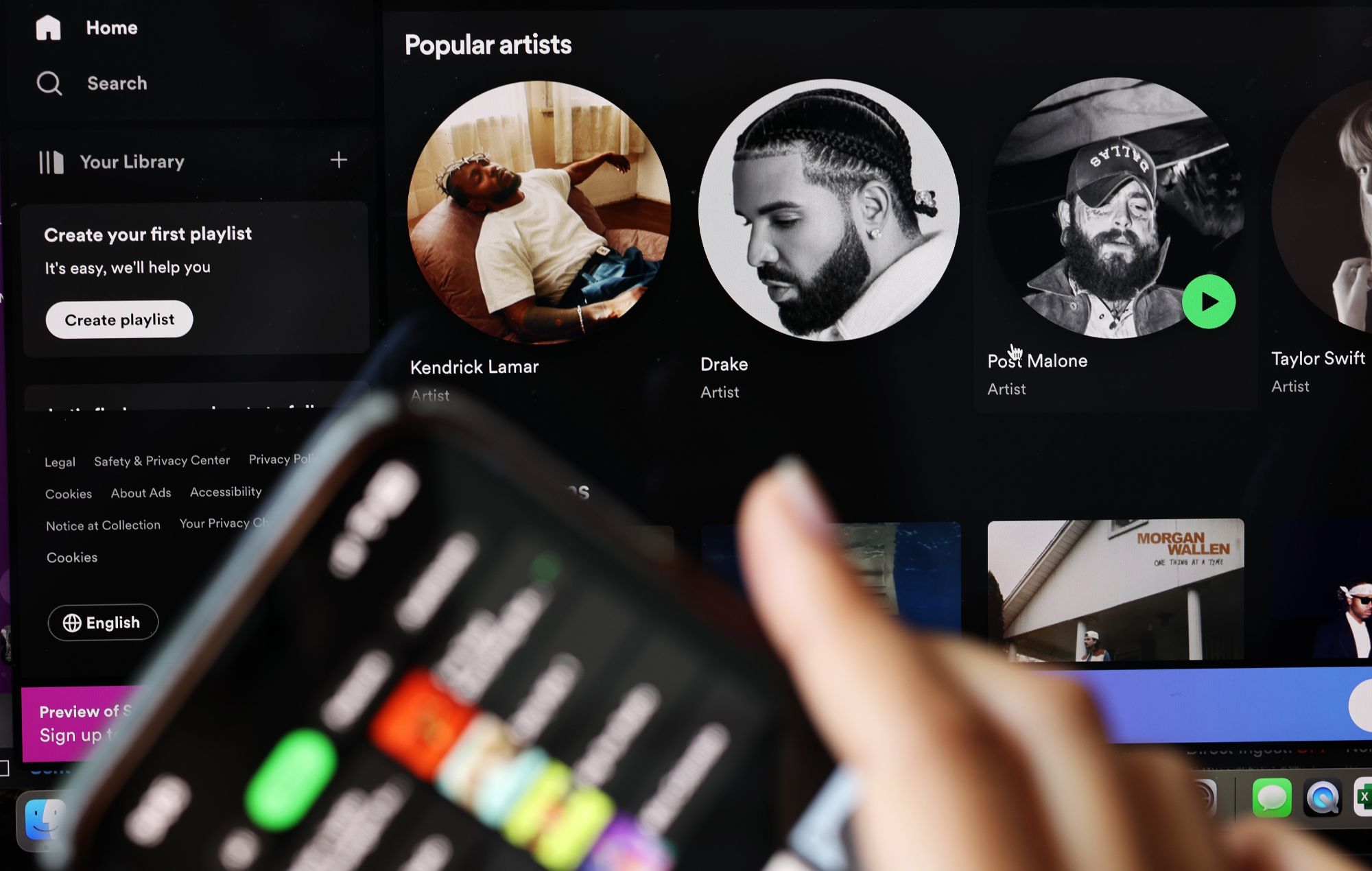
Spotify has revealed that it has topped expectations with its profits and number of premium subscribers this quarter – despite controversies surrounding the platform.
The figures for the second lquarter of 2024 were shared yesterday (July 23), and saw the streaming giant turn in a record profit that exceeded expectations, as well as an increase in seven million paid premium subscribers.
In the report, Spotify revealed that it had a Q2 revenue of €3.81billion (£3.2b) – an increase by 20 per cent since the last quarter – and a net profit of €274million (£230m), versus a loss of €302million (£253m) the year prior.
It also shared that operating costs had decreased by 16 per cent, and the gross margin for the period was ahead of expectations, coming in at 29.2 per cent compared to 2023’s 24.1 per cent.
By the end of Q2, Spotify stands at 626million monthly active users, a gain of 11million, and 246million of which are subscribed to Premium – an increase of seven million. Elsewhere, ad-supported revenue in the quarter grew by 13 per cent, and shares of the platform have expanded by over 12 per cent since the figures were revealed.
While Spotify told its shareholders that the spike in figures stemmed from “healthy subscriber gains, improved monetization and record profitability”, it should also be noted that the profits have also been impacted by more controversial decisions made by the brand recently.
Recommended
These include the streaming service raising prices for most of its existing plans in early June – something which Spotify made a nod towards in its recent statement. The Individual plan increased by $1, from $10.99 to $11.99 per month (£10.99 per month in the UK, up from £9.99), while the Family plan went up by $3, from $16.99 to $19.99 per month.
Similarly, the profits would have been aided by Spotify’s decision to cut down 17 per cent of its workforce in order to save costs at the end of 2023. This decision came after an earlier plan was implemented to lay off another six per cent of its staff at the start of 2023 in a bid to promote “speed”.
In addition to price hikes and staff lay-offs, it is likely that the profits also benefited from the streaming service officially demonetising all songs on the platform with fewer than 1,000 streams.
The policy was launched on April 1, but had been planned by the platform for some time. It was quickly criticised for making it harder for artists to generate royalties from their music and restricting new artists looking to crack the music industry.
The decision to demonetise songs with under 1,000 streams wasn’t the only time that Spotify faced criticism from artists and fans for hindering new artists from making money from their work.
Earlier this summer, CEO Daniel Ek received widespread backlash following his claims that “content” costs “close to zero” to make.

Taking to X/Twitter, Ek implied that it is easier and more affordable than ever to create “content” thanks to modern technology. “Today, with the cost of creating content being close to zero, people can share an incredible amount of content. This has sparked my curiosity about the concept of long shelf life versus short shelf life,” he wrote.
“While much of what we see and hear quickly becomes obsolete, there are timeless ideas or even pieces of music that can remain relevant for decades or even centuries,” he added, before questioning: “What are we creating now that will still be valued and discussed hundreds or thousands of years from today?”
“I for one don’t make ‘content’. I make music,” wrote KT Tunstall. “It’s *possible* to make music cheaply, but you still need equipment. And making music the way I make it also employs other people and takes time, so yes. It’s such a completely fucking myopic thing for him to say.”
Similar comments were shared by The Future of Music Coalition – who wrote: “It actually can still be expensive to make records, especially if you care about paying your collaborators fairly” – and Primal Scream bassist Simone Marie Butler who wrote: “Fuck off you out of touch billionaire.”

Rival streaming platform Tidal also took to X to reaffirm that it sees music as “art” rather than “content”, and Deadmau5 suggested that he was tempted to withdraw his discography from the service due to the comments, branding them as “vultures”.
Following the backlash, Ek went on to share another update apologising for dismissing the struggles faced by musicians and using the “reductive” label of “content”.
In the first quarter of 2024, the number of premium subscribers rose by 14 per cent to 239million, and Spotify announced record profits of over €1billion (£860m). Since then, it has also been reported that it has begun to remove Russian artists who are in support of the war in Ukraine from the streaming platform.


 103
103